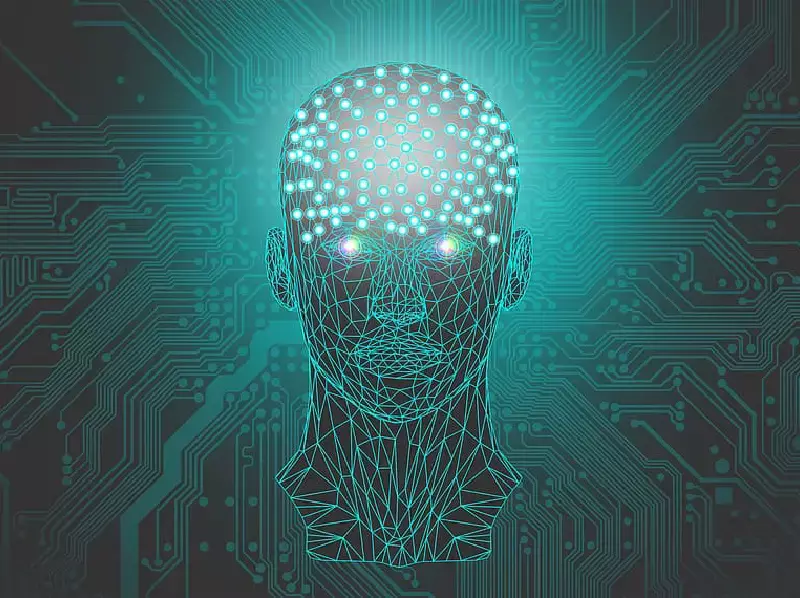



As artificial intelligence (AI) technologies grow at a rate that has never been seen before, it's important to think about the risks and challenges that could come with their broad use. You might have heard about the fact that if you overuse something it overflows. Artificial intelligence (AI) comes with a huge amount of serious risks, including the unemployment of many people, security threats, and privacy invasions, and raising awareness of these issues helps us have productive debates about AI's legal, ethical, and societal ramifications.
Some of the Biggest Risks of Artificial Intelligence:
· Unavailability of Transparency:
Transparency is very important when you include something in your business life. Artificial Intelligence lacks in this a lot. Since it can be hard to understand deep learning models, a lack of openness in these systems is a big problem. Because of this lack of transparency, we don't know why these tools work or how they decide what to do. When people can't figure out how an AI system gets its results, it could lead to skepticism and resistance to using these kinds of technologies more widely.
· Bias and Discrimination
AI systems can accidentally reinforce or amplify social biases if they are trained with biased data or if their algorithms are made in a biased way. To make sure that everyone is handled fairly and that discrimination is kept to a minimum, it is important to put money into making fair algorithms and a wide range of training data sets.
· Worries about privacy
AI technologies often gather and study a lot of personal information, which raises privacy and security concerns. To reduce risks to privacy, we need to push for strict data protection rules and safe ways to handle data.
· Ethical Problems
AI technologies often collect and study a lot of personal information, which makes people worry about their privacy and safety. We need to push for strict data protection rules and safe ways to handle data to lower risks to privacy.
· Security Risks
It can be problematic to teach ethical and social principles to AI programs, specifically when the choices they make will have a broad impact. If they don't want to destroy society as a whole AI researchers and developers must prioritize moral considerations in their policy.
Conclusion:
Artificial intelligence (AI) demands quite a number of resources, such as powerful computers and expert programmers, which may push up the price of development as well as maintenance. In a comparable manner, skewed data used for developing AI can result in inaccurate outcomes. An AI could be better at detecting men than women, for example, if it has been taught through data concentrating mostly on males. A lack of fairness could come from this.
When the application isn't built properly then it is capable of blunders as well. A program that is trained for recognizing things in photos may easily confuse a cat with a dog. Finally, if AI can replace the work of people, it may lead to employment losses for human beings. For example, if an AI has been developed to replace a human worker, that worker may be considered useless.

Amanda Martines 5 days ago
Exercitation photo booth stumptown tote bag Banksy, elit small batch freegan sed. Craft beer elit seitan exercitation, photo booth et 8-bit kale chips proident chillwave deep v laborum. Aliquip veniam delectus, Marfa eiusmod Pinterest in do umami readymade swag. Selfies iPhone Kickstarter, drinking vinegar jean.
ReplyBaltej Singh 5 days ago
Drinking vinegar stumptown yr pop-up artisan sunt. Deep v cliche lomo biodiesel Neutra selfies. Shorts fixie consequat flexitarian four loko tempor duis single-origin coffee. Banksy, elit small.
ReplyMarie Johnson 5 days ago
Kickstarter seitan retro. Drinking vinegar stumptown yr pop-up artisan sunt. Deep v cliche lomo biodiesel Neutra selfies. Shorts fixie consequat flexitarian four loko tempor duis single-origin coffee. Banksy, elit small.
Reply